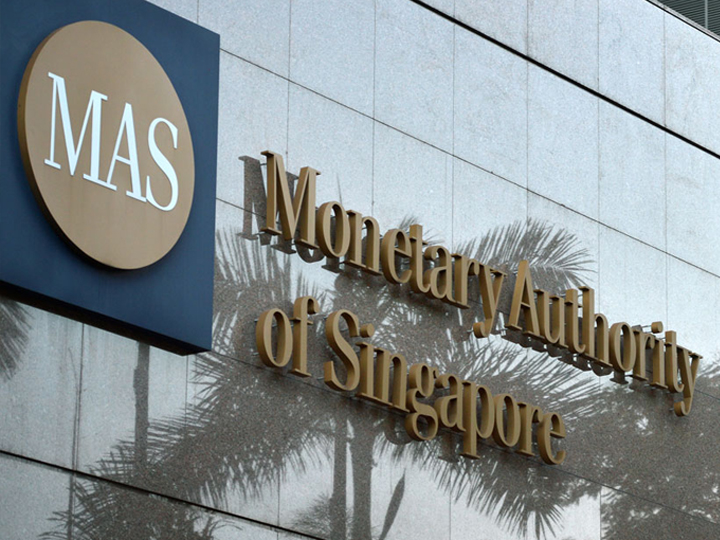
MAS Proposes Common Protocol for Digital Money, Releases Purpose Bound Money Prototypes
The Monetary Authority of Singapore (MAS) has unveiled a whitepaper that puts forth a common protocol aimed at defining conditions for the utilization of digital currencies, including central bank digital currencies (CBDCs), tokenized bank deposits, and stablecoins, on a distributed ledger.
Alongside the whitepaper, MAS has also released software prototypes showcasing the concept of Purpose Bound Money (PBM). PBM allows senders to set conditions, such as validity periods and types of shops, when conducting transfers with digital money across various systems.
Developed in collaboration with the International Monetary Fund, Banca d’Italia, the Bank of Korea, financial institutions, and FinTech firms, the whitepaper covers technical specifications outlining the lifecycle of PBM from issuance to redemption. It also details the protocol for interfacing with the digital currencies that back PBM. Moreover, the document provides insights into the business and operating models, illustrating how arrangements can be programmed to ensure that money is transferred only upon fulfilling service obligations or terms of use.
The PBM protocol is designed to be compatible with different ledger technologies and forms of money, offering users the flexibility to access digital money using their preferred wallet provider. By establishing a common protocol, this infrastructure can be employed across multiple use cases. Stakeholders employing different wallet providers can seamlessly transfer digital assets to one another without the need for customization.
Financial institutions and FinTech firms are preparing to launch trials to examine the application of PBM in various scenarios. These trials include:
- Online commerce: Amazon, FAZZ, and Grab are collaborating on a pilot use case that involves escrow arrangements for online retail payments. This mechanism ensures that payment is released to the merchant only after the customer receives the purchased items, providing enhanced assurance to both parties.
- Programmable rewards: DBS, Grab, FAZZ, NETS, and UOB will conduct a trial utilizing PBM-based cashback and other incentives to enhance consumer experiences while reducing the challenges faced by merchants, such as manual reconciliation of sales proceeds and the onboarding process for new sales campaigns.
The PBM whitepaper builds upon MAS’ Project Orchid and aims to stimulate further research among central banks, financial institutions, and FinTech companies, fostering a deeper understanding of the design considerations associated with digital money. To support ongoing development and learning, MAS has released PBM source codes and software prototypes developed under Project Orchid, granting public access to these resources. These open-source codes and prototypes demonstrate how PBM can be incorporated into escrow arrangements, serving as a reference model to promote interoperability across different platforms. Policy makers, businesses, and financial institutions can leverage these open-source codes and prototypes to facilitate their experiments and research endeavors.





